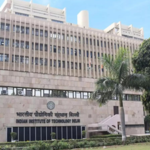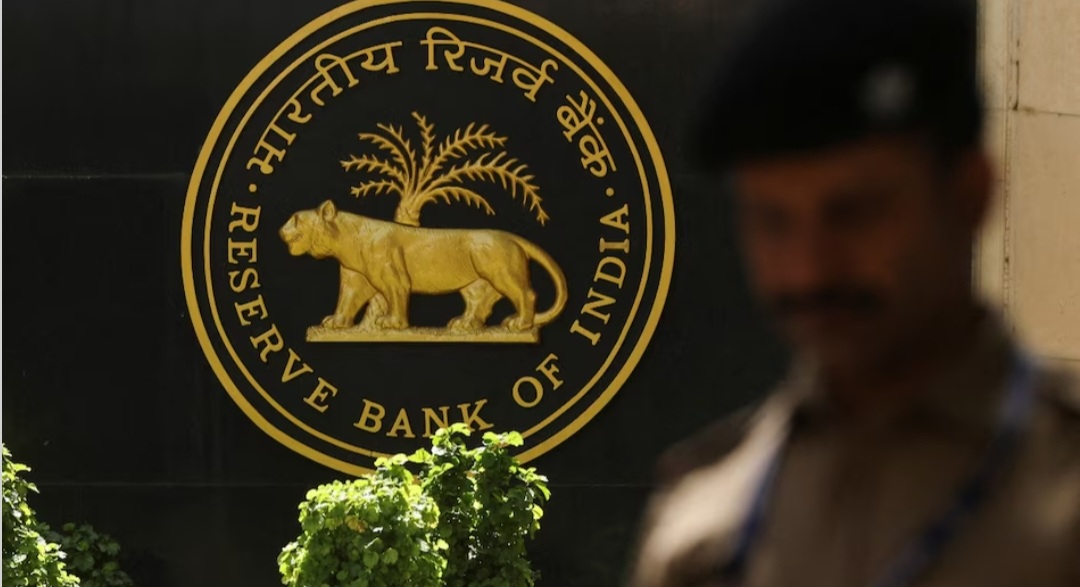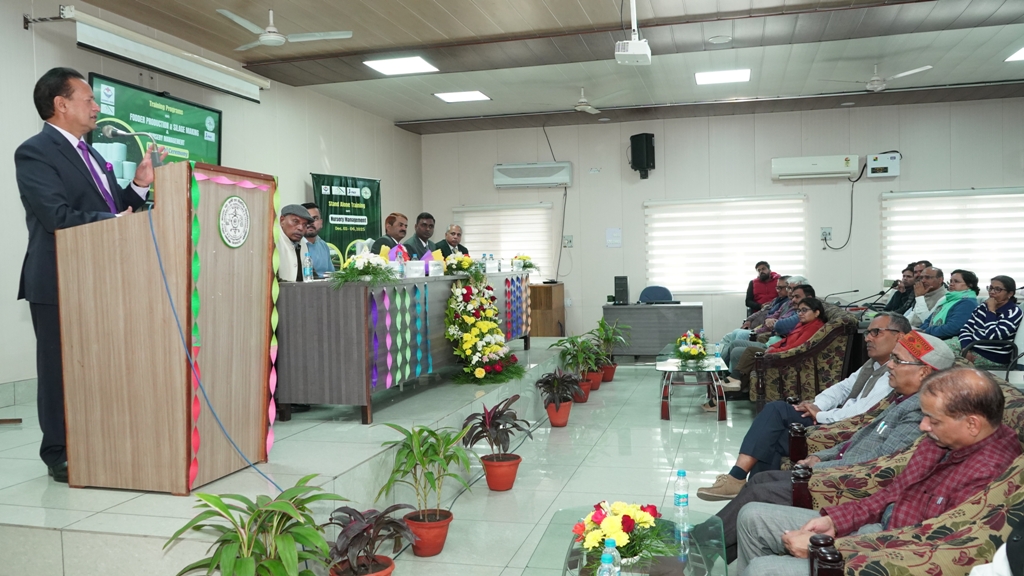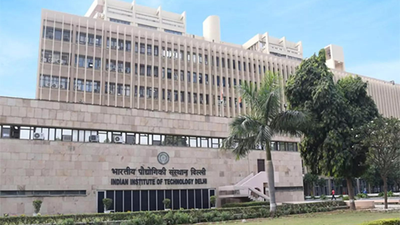Himalaya Harbinger, Rudrapur Bureau
The Reserve Bank of India (RBI) on July 15 issued revised master directions on the classification of frauds to incorporate Supreme Court’s 2023 judgment on ‘natural justice’ for borrowers before their account was tagged as fraudulent.

The master circular issued on July 15 has mandates a board-approved policy to lay down roles and responsibilities of the board and senior management, when it comes to fraud risk management
The central bank’s latest circular prepared after a comprehensive review of earlier master directions has laid down the measures that a bank’s board must consider before classifying persons/entities as fraud.
“The Master Directions now expressly require that the REs shall ensure compliance with the principles of natural justice in a time-bound manner before classifying Persons / Entities as fraud, duly taking into account the Hon’ble Supreme Court Judgment dated March 27, 2023 (Civil Appeal No. 7300 of 2022 in the matter of State Bank of India & Ors Vs Rajesh Agarwal & Ors),” the circular said.
All regulated entities will now have to issue a detailed show cause notice to the persons, entities and its promoters/whole-time and executive directors against whom allegation of fraud is being examined, as per the revised rules. The show cause notice would have to provide complete details of transactions/actions/events on the basis of which declaration and reporting of a fraud is being contemplated.
A reasonable time of not less than 21 days shall be provided to the persons/entities on whom the show cause notice was served to respond to the said show cause notice,” RBI said.
According to the revised guidelines, lenders must serve a reasoned order to entities with the decision of the bank about classification of the account as fraud. Banks are also required to have a ‘Special Committee of the Board for Monitoring and Follow-up of cases of frauds’. The committee must have minimum of three members of the Board and be headed by one of the independent directors or non-executive directors.
As part of the revised master directions on fraud risk management, the Reserve Bank said that the framework on early warning signals (EWS) and red flagging of accounts (RFA) has also been strengthened further for early detection and prevention of frauds in the regulated entities and timely reporting to law enforcement agencies and supervisors.
According to RBI, a red-flagged account is one where suspicion of fraudulent activity is thrown up by the presence of one or more indictors of early warning signals, leading to deeper investigation from the point of view of potential fraud. However, in cases where a credit facility or loan account are classified as a red-flagged account, banks would be required to use an external audit or internal audit for further investigation.
The central bank has also called for requirement for data analytics and market intelligence unit for strengthening risk management systems.
The RBI added that fresh directions will be applicable for regional rural banks, rural cooperative banks and housing finance companies as well, with the intent of promoting better fraud risk management systems and framework.









